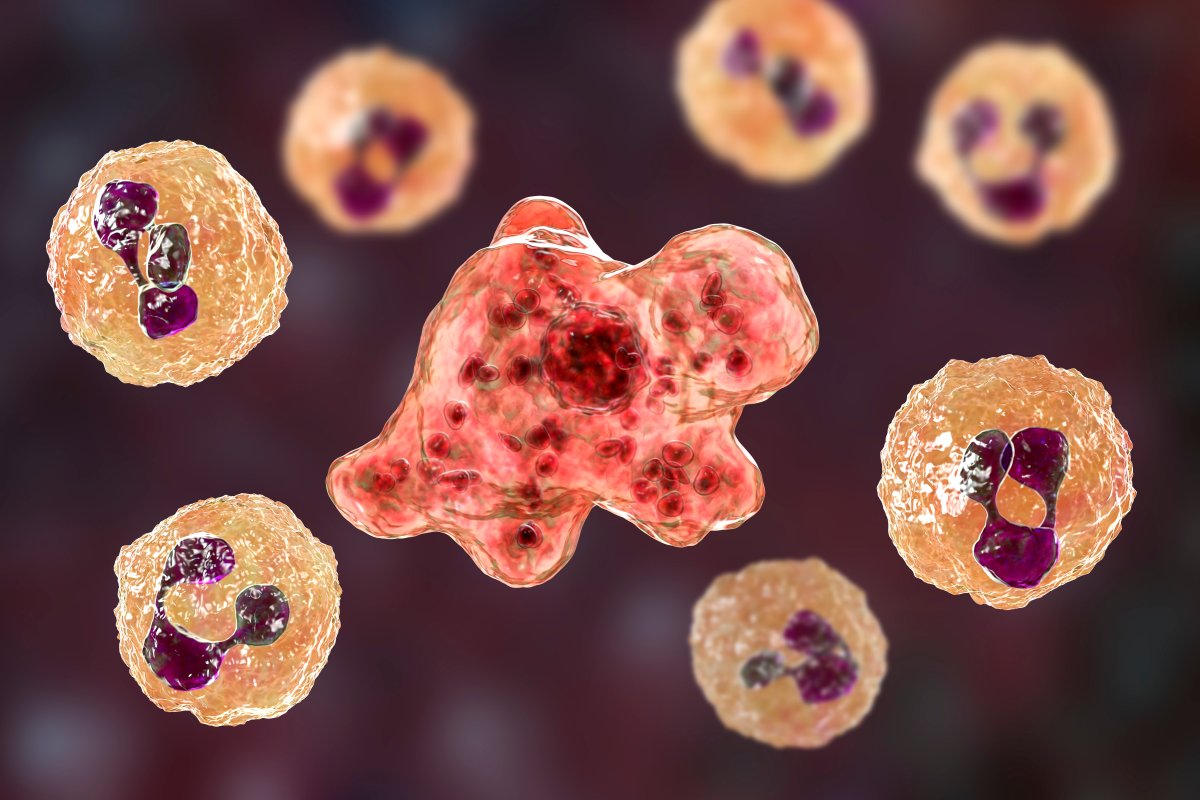A Florida man is dead after he was infected with a brain-eating amoeba that may have been contracted from rinsing his sinuses with tap water, health officials claim.

The Florida Department of Health in Charlotte County confirmed the deceased patient, who has not been named publicly, was infected with Naegleria fowleri, a microscopic, single-cell living amoeba.
Officials are continuing to investigate the case.
In a news release from Tuesday, health officials said the rare deadly infection can only occur when water contaminated with the amoeba enters the body through the nose. It is not possible to become infected by drinking tap water.
Naegleria fowleri earned its nickname as the “brain-eating amoeba” for its ability to cause a usually fatal brain infection called primary amoebic meningoencephalitis (PAM).
The amoeba can be found in soil and freshwater around the world.
Most infections occur during the summer months, as the amoeba thrives in warm environments. Most contract the infection when they go swimming or when they put their heads under fresh water, like in lakes and rivers.
Those infected with the amoeba experience headaches, fever, nausea, disorientation, stiff neck, vomiting and other more extreme symptoms including hallucination and coma. Symptoms generally begin to appear one to seven days after exposure.
The Florida Department of Health in Charlotte County warned residents never to put tap water into their noses. Any water used in a nasal rinse should always be sterilized — either by purchasing certified sterile water, or boiling water for at least one minute and cooling it.
Contracting Naegleria fowleri is rare. Worldwide, there were 179 reported cases of Naegleria fowleri in humans between 1996 and 2003.
The Canadian government estimates the mortality rate is greater the 95 per cent, and most people die within seven to 10 days of contracting the infection.







Comments